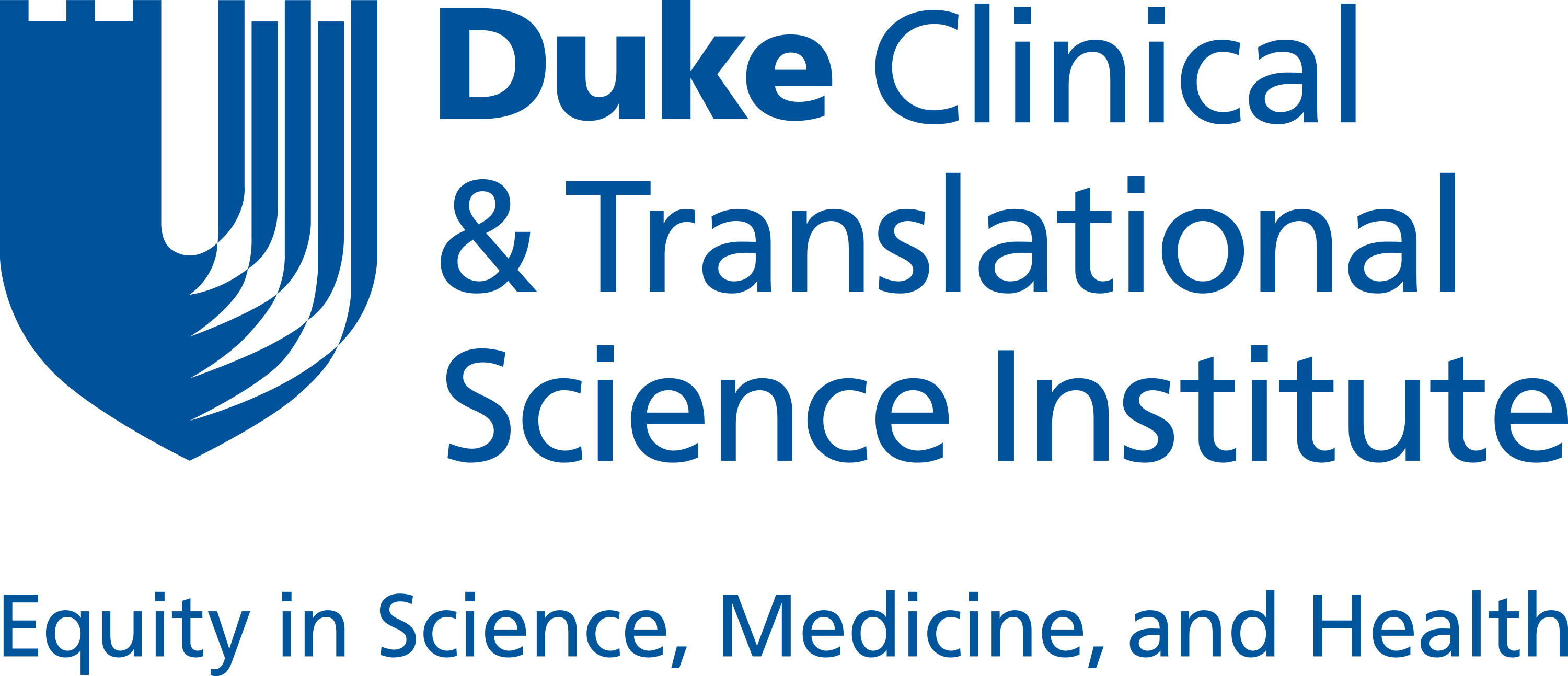Mobile App Gateway provides critical support for award-winning app
 With the help of the Duke CTSI Mobile App Gateway (MAG), Dr. Schenita Randolph received an award for her app, The TALK: A Novel Mobile Application marketed in Barbershops and Beauty Salons for Black Fathers and Mothers to promote sexual health among Black male adolescents living in the United States South.
With the help of the Duke CTSI Mobile App Gateway (MAG), Dr. Schenita Randolph received an award for her app, The TALK: A Novel Mobile Application marketed in Barbershops and Beauty Salons for Black Fathers and Mothers to promote sexual health among Black male adolescents living in the United States South.
Dr. Randolph’s award was her proposal to the Betty Irene Moore Fellowships for Nurse Leaders and Innovators, a new fellowship program funded by a five-year, $37.5 million grant from the Gordon and Betty Moore Foundation to recognize early- to mid-career nursing scholars and innovators with a high potential to accelerate leadership in nursing research, practice, education, policy and entrepreneurship.
Through an initial consultation, the MAG assisted in the navigation in the develop of the app for Dr. Randolph. Initially she received a grant for $50,000 to develop the app. Through its collaborative structure, the MAG team was able to assist in securing a developer Onyx Ocean Technologist and worked with Office of Research Contracts for solidify an agreement.
As part of the three-year fellowship program, fellows receive $450,000 to conduct an innovative project or study with the potential to address a gap in knowledge, meet a vital need, alter care delivery or design a new solution to advance health. Dr. Randolph’s project focuses on the development of a nurse-led mobile application (The TALK) to promote healthy sexual behaviors among Black adolescent males, integrating fathers and mothers as health educators. Marketed in community barbershops and beauty salons, the app will have a community widespread impact in promoting health among Black male adolescents. Dr. Randolph’s program started on July 1, 2020.
Proposal Abstract
Black male youth ages 13 through 17 have eight times the rate of human immunodeficiency virus compared to White male youth, accounting for over half of all HIV infections in this age group in the United States, predominantly in the South. Black male youth tend to have multiple sexual partners, use condoms inconsistently and if HIV infected, are unaware of their infection. Just 34.5% of young adults aged 18‐25 have ever been tested for HIV and 60% of infected young adults are unaware of their infection. In general, Blacks test less frequently than Whites and Latinos. Thus, reaching Black male youth before their risks increase is critical in ending the HIV epidemic. Parents are important as sexual health educators for their adolescent males’. Evidence supports that interventions engaging mothers are effective in delaying sexual debut and promoting condom use among adolescent males. Although there are fewer interventions that focus on fathers, especially Black fathers, there is ample evidence to show that fathers are as equally important in delaying sexual debut and increasing condom use among sexually active youth. A majority of parent‐adolescent interventions focused on male adolescents engage mothers and sons or fathers and sons. However, what is missing from adolescent sexual health interventions are interventions that engage both the mother and father as a family unit regardless of their marital or residential status (living in or outside of the home). Family interventions that are culturally and socially relevant and sustainable are needed to improve adolescent male sexual health.
